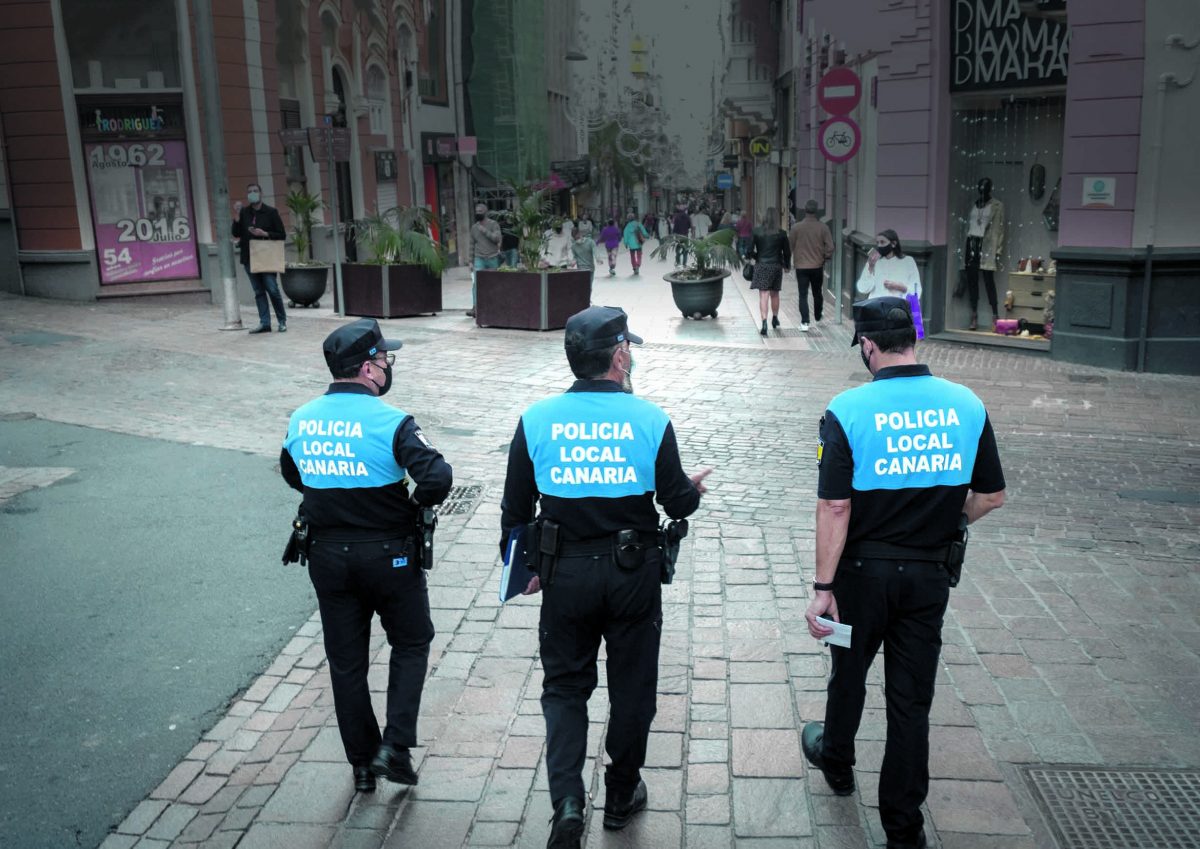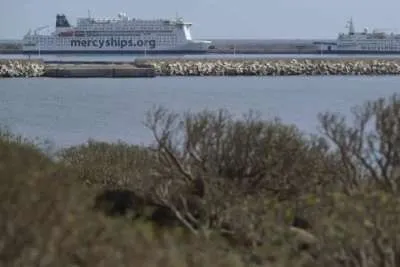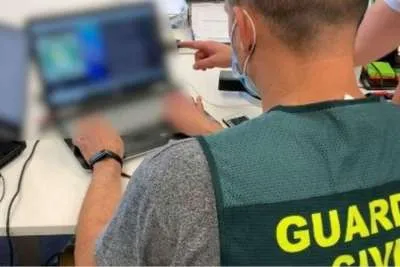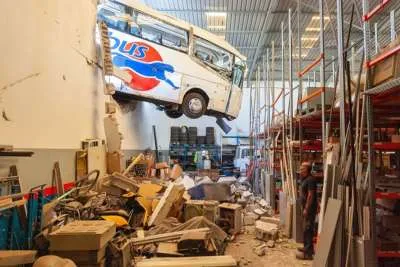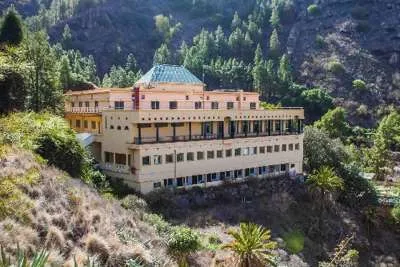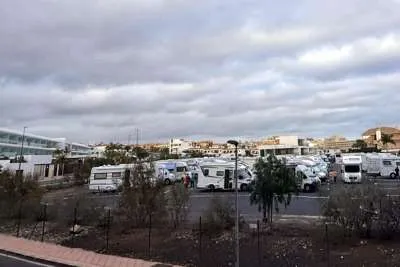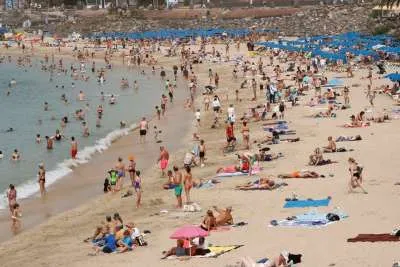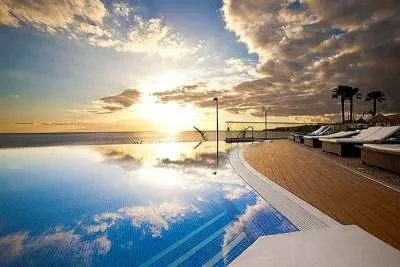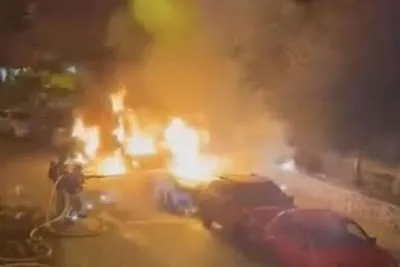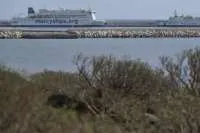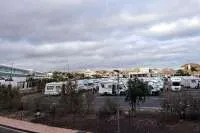7,000 police will be deployed this weekend to enforce Covid regulations
- 14-05-2021
- National
- Canarian Weekly
7,000 officers of the National Police, the Guardia Civil, and the local and regional police forces, are to be deployed this weekend to ensure compliance with the ongoing measures to control the pandemic after the end of the curfew, which is not in place for the first weekend in six months, as the Government wants to avoid scenes like those seen in mainland Spain last week.
The president of the Canary Islands Government, Ángel Víctor Torres, admitted that there is some "concern" about what may happen this weekend, so he is asking the public for the same "responsibility" that they have shown on previous weekends.
Torres reiterated that “the lifting of the curfew does not mean the end of the pandemic, so there is nothing to celebrate. Not yet. Anyone who thinks that the end of the curfew means that we have beaten the virus, are very wrong”.
This was stated by Torres at the end of the meeting of the Security Board, in which members of the autonomous government, commanders of the security forces and bodies, representatives of the Canarian Federation of Municipalities (Fecam), of the Canarian Federation of Islas (Fecai) and the Government Delegation. The administrations established coordination mechanisms for the weekend, where controls and compliance with the standards adopted to control the pandemic will be intensified.
“The only measure that has been dropped is the curfew, and that does not mean that there can be crowds, neither after midnight nor during the day, since the regulations establish that in the islands that are in level 2 (Tenerife, Gran Canaria, Lanzarote and La Graciosa) the maximum number of people that can meet is 6 and 10 in the rest of the Islands.”
Torres confirmed that the extension of the opening hours of the hospitality industry will be published in the BOC today, and will come into force tonight. In this sense, he clarified that, after they close at midnight, "you can go for a walk or do whatever you want, but gatherings and drinking in public (botellons) is still prohibited, as are acts that violate municipal ordinances or any other not allowed by the restrictions set by the Government.” The president also acknowledged that the company behaved "magnificently well" last weekend and hopes that "the same responsibility will continue."
The highest number of coronavirus infections are now occuring among people aged between 18 and 40 years old, who are not yet vaccinated and who, consequently, can infect those who are vulnerable. Because of this, Torres asked them for "maximum responsibility" and appealed for them "not to spoil it by wanting to celebrate ahead of time, as we will certainly all be celebrating when this is finally over.”
Finally, he insisted that the incidence rate has improved since mid-April, and assured that it is likely that in the next few days the Archipelago will re-enter the green lists of tourist-emitting countries. He concluded by saying “Please act responsibly as the health and the economy of the Canary Islands are at stake.”
COVID FINES UP TO 600,000 EUROS:
The Canary Islands can now sanction and fine people, and businesses, that break Covid regulations.
The municipalities, via the Local Police, can punish minor infractions with fines of 100 euros to 3,000 euros for things like:
- not wearing a mask or wearing it incorrectly,
- breaking smoking restrictions,
- drinking in the street individually or with up to 10 people,
- refusing to have a diagnostic test,
- exceeding opening and closing hours or infringing capacity allowed.
Public Health can sanction the authors of serious infractions from 3,001 to 60,000 euros:
- drinking in the street with more than 10 people,
- organizing unauthorized events/gatherings with between 20 to 200 people present and without respecting safety regulations,
- breaching the limits of capacity or hindering an inspection,
- venues allowing a dance floor,
And Public Health can sanction those responsible for very serious infractions from 60,001 to 600,000 euros:
- promoting unauthorized events in which more than 200 people participate,
- exceeding venue's official capacity.
Other articles that may interest you...
Trending
Most Read Articles
Featured Videos
TributoFest: Michael Buble promo 14.02.2026
- 30-01-2026
TEAs 2025 Highlights
- 17-11-2025


